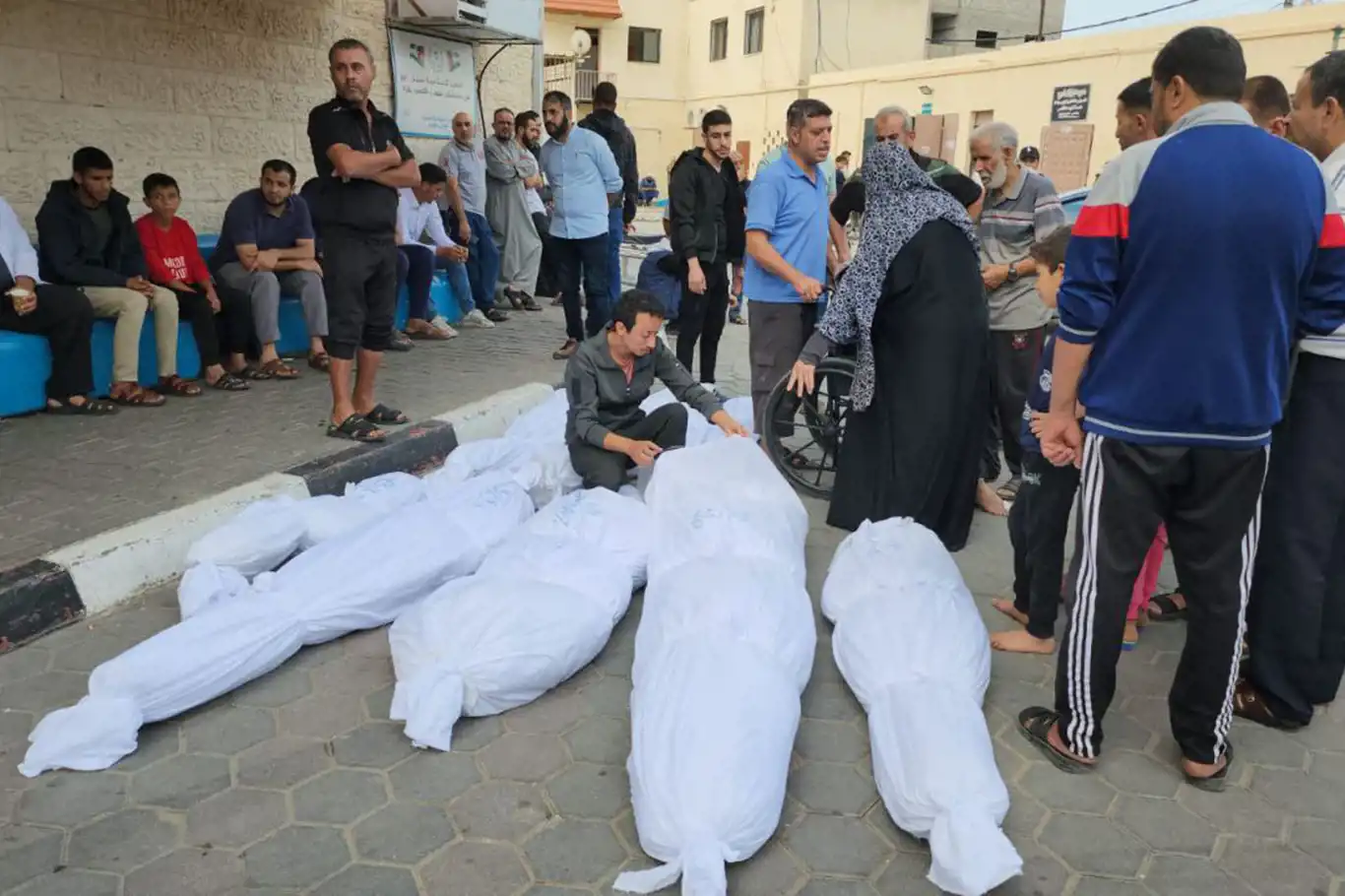Iceland's Prime Minister calls for humanitarian ceasefire in Gaza


Prime Minister Katrin Jakobsdottir of Iceland has urged an immediate humanitarian ceasefire in Gaza amid the escalating violence.
In a statement posted on social media, Jakobsdottir expressed horror over the civilian casualties and condemned violations of international humanitarian law.
"I'm horrified by the ongoing civilian deaths in Gaza. Iceland condemns all violations of international humanitarian law. Nothing can take priority over the duty to provide medical services to people in need. Iceland supports calls for humanitarian ceasefire," stated Jakobsdottir.
As the israeli assault on Gaza surpasses its 41st day, Palestinian authorities report over 11,500 casualties, including 7,800 women and children, with more than 29,200 others injured.
The United Nations, witnessing over 100 of its employees losing their lives, has described the conditions in Gaza as "horrific," deeming it a "living nightmare" and "a graveyard for children." (ILKHA)
LEGAL WARNING: All rights of the published news, photos and videos are reserved by İlke Haber Ajansı Basın Yayın San. Trade A.Ş. Under no circumstances can all or part of the news, photos and videos be used without a written contract or subscription.
The death toll from the collapse of an Islamic boarding school building in East Java has risen to 37, as rescuers continue searching for missing students trapped beneath the debris, officials said on Saturday.
Ukraine reeled from one of the most intense aerial bombardments in recent months overnight Saturday as Russian forces launched a massive coordinated attack, firing nearly 500 drones and over 50 missiles in a widespread assault that killed at least five civilians and crippled critical energy infrastructure.
Russian President Vladimir Putin has warned that any U.S. decision to supply Ukraine with Tomahawk cruise missiles would lead to the “complete destruction” of relations between Moscow and Washington.
Iran’s parliament has approved a long-discussed plan to remove four zeros from the national currency, the rial, in a move aimed at simplifying financial transactions and restoring confidence in the monetary system after years of inflation and sanctions-related pressure.